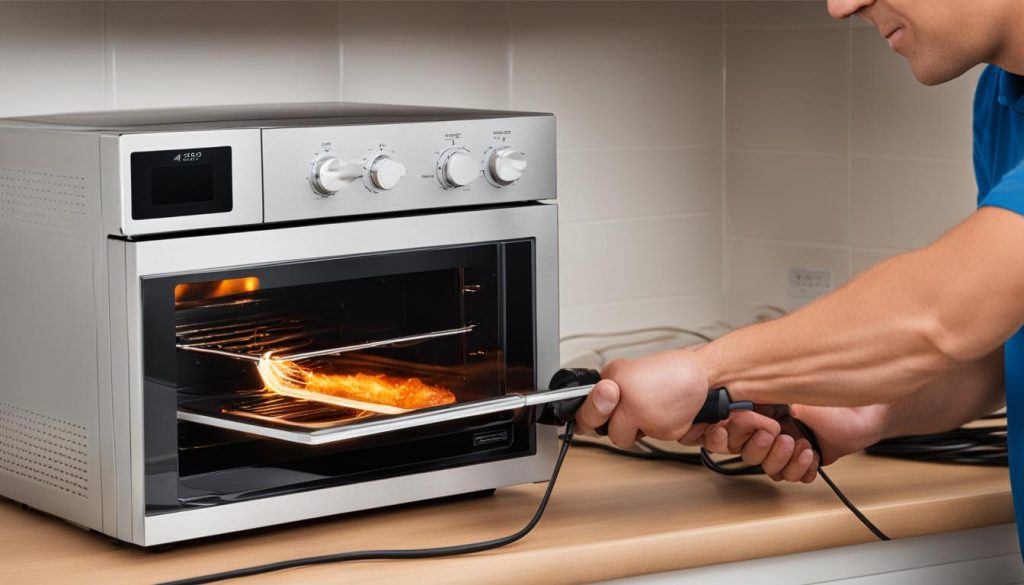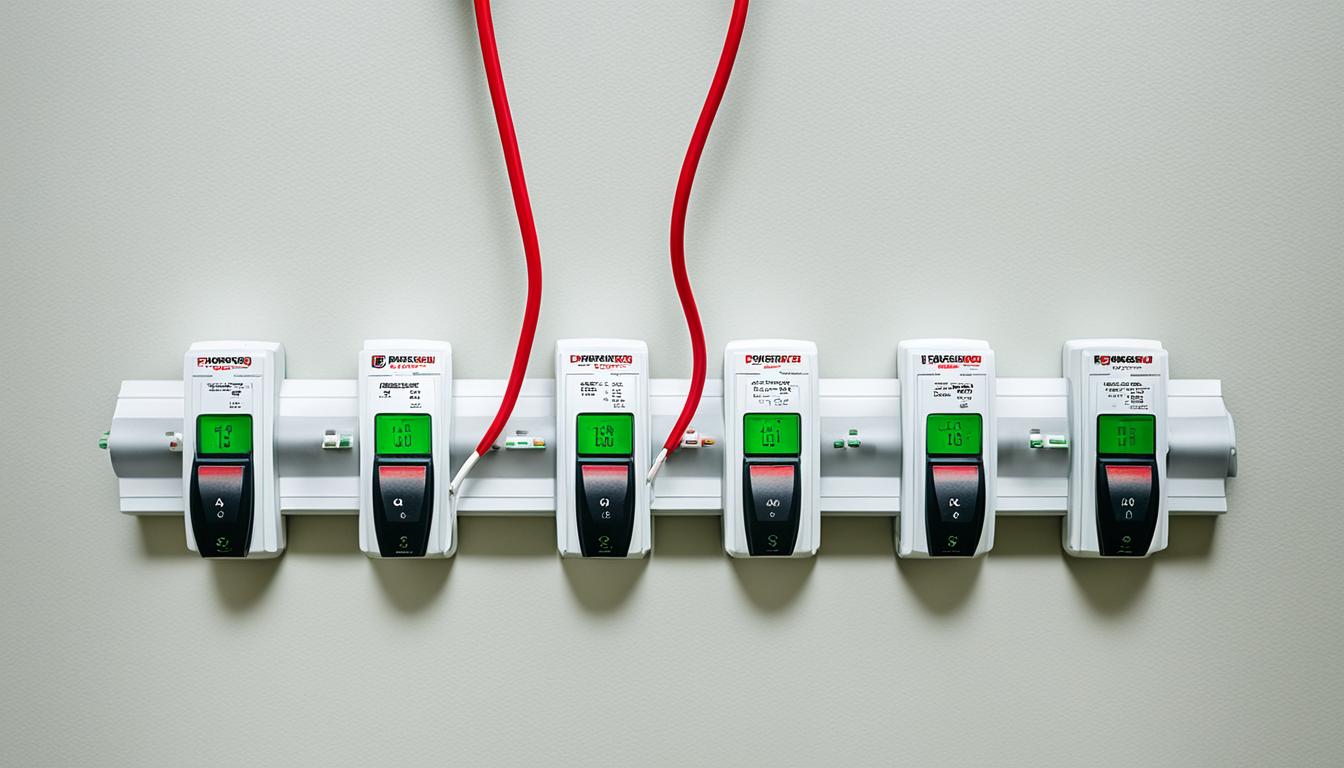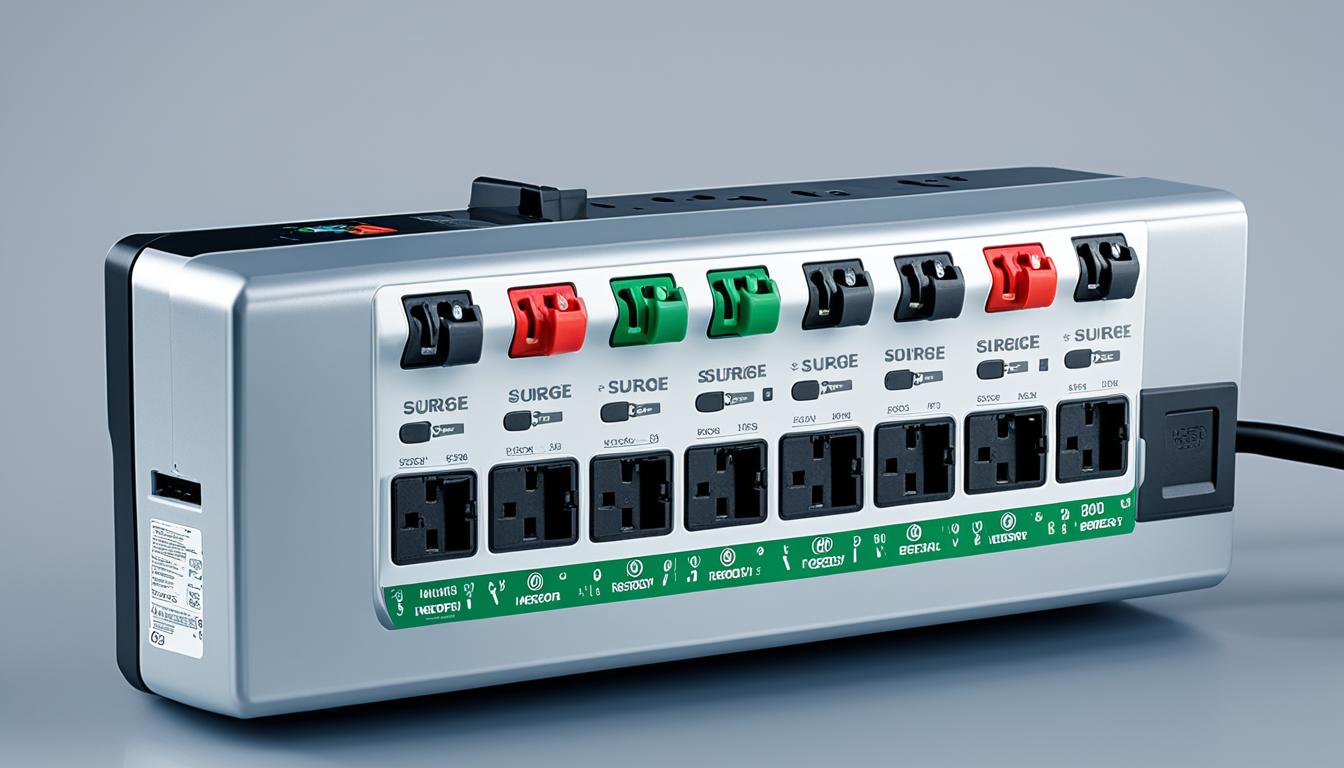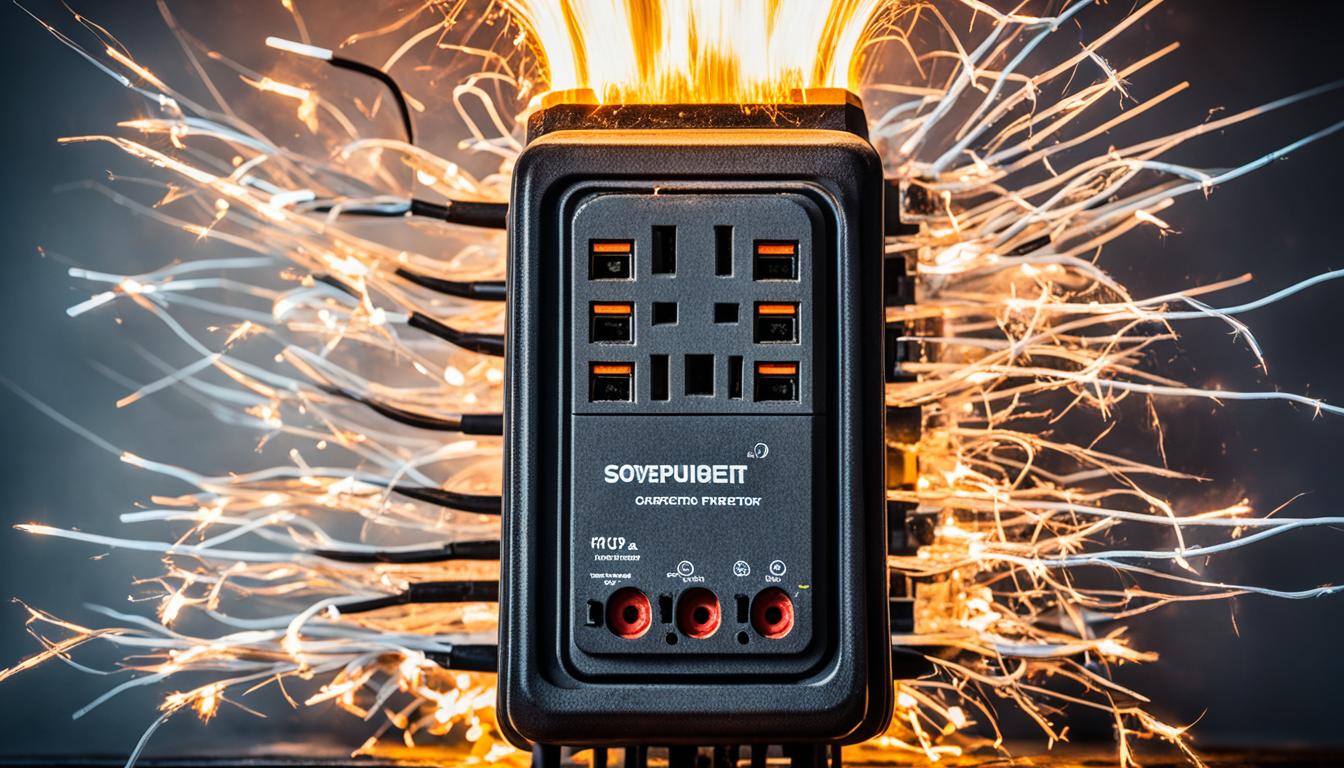extensioncords.site and its partners may earn a commission if you purchase a product through one of our links
When it comes to the safety of your microwave, it’s important to know the best practices for electrical connections. One question that often arises is, “Can I plug my microwave into an extension cord?” While it may seem convenient to extend the reach of your microwave with an extension cord, there are important considerations to keep in mind to ensure the safety of your appliance and your home.
Microwaves are high-power appliances that require a dedicated electrical outlet. Most manufacturers recommend against using extension cords because they can pose safety risks. When you plug your microwave into an extension cord, it may not receive the necessary power, leading to electrical issues like flickering lights, blown fuses, or even tripped circuit breakers.
If you find yourself in a situation where using an extension cord is unavoidable, consider the following guidelines:
Key Takeaways:
- Plugging a microwave into an extension cord is generally not recommended for safety reasons.
- If you must use an extension cord, ensure it is a three-wire grounding type with an Underwriters Laboratory (UL) approval.
- Choose an extension cord with a current rating that can handle the electrical demands of your microwave.
- Place the extension cord in a way that reduces tripping hazards and avoid using it with other high-power appliances.
- Regularly monitor the extension cord and microwave for any signs of overheating, buzzing sounds, or burning smells.
By following these safety guidelines, you can ensure the proper operation of your microwave and minimize the risk of electrical hazards. It is always best to prioritize safety when it comes to using electrical appliances in your home.
What Extension Cords Work Best With Microwaves?
When it comes to selecting an extension cord for your microwave, it’s essential to choose the right type and gauge. Using the proper extension cord ensures the safe and efficient operation of your microwave, whether it’s a countertop or built-in model.
For microwaves, a heavy-duty appliance power cord is highly recommended. Look for a cord with a wire gauge of at least 12. This gauge is capable of handling the electrical demands of most microwaves, especially those with a power rating of 1,000 watts or higher.
Additionally, the extension cord should have a three-prong plug for proper grounding. This grounding feature helps protect against electrical issues and ensures the safety of your microwave. Make sure to check that the extension cord you choose has this important feature.
Another factor to consider is the length of the extension cord. To minimize the risk of overheating and potential electrical hazards, it’s best to keep the length of the extension cord under 9 feet. This ensures that the power supply remains stable and reliable for your microwave.
Remember, using the right extension cord is crucial for the safe and efficient operation of your microwave. Make sure to follow these guidelines when selecting an extension cord to keep your microwave running smoothly.
Reasons You Shouldn’t Plug a Microwave Into an Extension Cord
Plugging a microwave into an extension cord can pose several risks and safety concerns. It is important to understand why using an extension cord with a microwave is not recommended.
Risk of Overloading the Extension Cord
Extension cords come in various gauges and configurations. Using an extension cord that is not the proper gauge or does not have a three-wire grounding configuration can lead to safety hazards. Microwaves have high electrical demands, and cords that cannot handle this load may overheat, resulting in electrical fires or damage to the appliance.
Potential Circuit Overload
Using an extension cord with a microwave increases the likelihood of overloading the circuit it is connected to. This risk becomes even greater if other high-power appliances are also plugged into the same circuit. Overloading a circuit can lead to electrical issues such as circuit breakers tripping or fuses blowing.
Best Practice: Dedicated Electrical Outlet
To ensure the safety of your microwave and the proper operation of your electrical system, it is best to avoid using extension cords with microwaves. Instead, plug your microwave into a dedicated electrical outlet that is properly grounded and can handle its electrical demands.
If using an extension cord cannot be avoided, here are a few things to consider:
- Choose an extension cord with the appropriate gauge and configuration for the microwave’s electrical demands.
- Keep the length of the extension cord to a minimum to reduce the risk of overheating.
- Secure all connections properly to minimize the potential for tripping hazards.
- Regularly monitor the operation of the microwave and the extension cord for any signs of overheating, buzzing sounds, or burning smells. If any of these issues occur, immediately disconnect the microwave and extension cord.
Remember, safety should always be a top priority when using electrical appliances like microwaves. Following proper practices and guidelines ensures the safe operation of your microwave and reduces the risk of electrical hazards.
What to Consider if You Want to Plug a Microwave Into an Extension Cord
If you find yourself needing to use an extension cord with your microwave, it’s important to take certain factors into consideration to ensure safety and proper functionality.
- Choose the correct gauge: When selecting an extension cord for your microwave, make sure to use a cord with the appropriate wire gauge for the electrical demands of the appliance. A 12-gauge wire is generally recommended for most microwaves, as it can handle the power requirements without overheating.
- Optimal length: The length of the extension cord should be sufficient to reach the desired location without excessive slack. Avoid using a cord that is too long as it can pose both safety and performance risks.
- Secure connections: Ensure that all connections between the microwave, extension cord, and power source are securely plugged in. Loose connections can lead to electrical issues and potential hazards.
- Monitor for signs of trouble: Regularly monitor the operation of the microwave and the extension cord for any signs of overheating, buzzing sounds, or burning smells. If you notice any of these issues, it is crucial to disconnect the microwave and extension cord immediately to prevent further damage or safety risks.
By taking these precautions, you can use an extension cord with your microwave more safely. However, it is important to note that it is still generally recommended to plug a microwave into its dedicated, properly grounded electrical outlet for optimal safety and performance.

Conclusion
In conclusion, it is crucial to prioritize microwave safety and extension cord safety when using these appliances together. While it may be tempting to plug a microwave into an extension cord for convenience, it is not recommended due to the potential safety hazards involved.
For optimal safety, it is best to plug microwaves into dedicated, properly grounded electrical outlets. This helps to ensure safe operation and minimizes the risk of electrical fires or damage to the appliance. If an extension cord must be used, it should be a heavy-duty cord with the appropriate gauge and length to handle the electrical demands of the microwave.
Regular monitoring of the extension cord and the microwave is essential to identify any signs of overheating or electrical issues. If you notice any unusual behavior such as buzzing sounds or burning smells, it is important to disconnect the microwave and extension cord immediately and seek professional assistance.
Ultimately, by following safe practices and guidelines, you can confidently use your microwave without compromising on safety. Remember to prioritize microwave safety, extension cord safety, and the well-being of yourself and your household.
FAQ
Can I plug a microwave into an extension cord?
It is generally not recommended to plug a microwave into an extension cord due to potential safety hazards. Microwaves should be plugged into their own properly grounded, dedicated electrical outlet to prevent electrical issues such as flickering lights, blown fuses, or tripped circuit breakers.
What type of extension cord should I use for a microwave?
When selecting an extension cord for a microwave, it is important to choose the correct type and gauge. A heavy-duty appliance power cord is recommended, preferably with a wire gauge of at least 12. The extension cord should have a three-prong plug for proper grounding. The length of the extension cord should be kept under 9 feet to minimize the risk of overheating and potential electrical hazards.
Why shouldn’t I plug a microwave into an extension cord?
Plugging a microwave into an extension cord can pose several risks and safety concerns. Extension cords that are not the proper gauge or do not have a three-wire grounding configuration may not be able to handle the high electrical demands of a microwave. This can lead to overheating of the cords, which may result in electrical fires or damage to the appliance. Additionally, using an extension cord with a microwave increases the likelihood of overloading a circuit, especially if other high-power appliances are also plugged into the same circuit.
What should I consider if I want to plug a microwave into an extension cord?
If you must use an extension cord with a microwave, there are certain factors to consider. First, ensure that the extension cord is the correct gauge for the electrical demands of the microwave, such as a 12-gauge wire. Additionally, the extension cord should be of sufficient length to reach the desired location without excessive slack. Make sure to secure all connections properly to reduce the risk of tripping hazards. Finally, monitor the operation of the microwave and the extension cord for any signs of overheating, buzzing sounds, or burning smells.
Why is it important to follow safe practices when using extension cords with microwaves?
Following safe practices is crucial to ensure the safe operation of microwaves. Plugging a microwave into an extension cord that is not suitable for its electrical demands can result in electrical hazards, including fires and appliance damage. It is always best to follow manufacturer guidelines and use dedicated, properly grounded outlets for microwaves whenever possible.


